I. Introduction
In the ever-competitive world of commercial aviation, airlines continually strive to distinguish themselves not just through their routes and services but through the perks and privileges they offer their loyal customers. Delta Air Lines, one of the leading giants in the industry, has meticulously crafted its reward and cabin upgrade programs to provide an enticing blend of benefits tailored to meet the diverse needs of its passengers. Whether you’re a frequent flyer racking up miles on business trips or an occasional traveler seeking a touch of luxury, Delta’s programs are designed to add value to your journey.
This article delves into the intricacies of Delta’s reward and cabin upgrade programs, offering a detailed and engaging analysis. We’ll explore how you can earn and redeem miles, the nuances of elite status tiers, and the various upgrade options available. Furthermore, we’ll conduct a comparative analysis with other major airlines like American Airlines and United Airlines to see where Delta stands out and where it might fall short. By the end of this comprehensive guide, you’ll have a clear understanding of how to maximize the benefits of flying with Delta Air Lines, making your travel experience not just a journey but a truly elevated adventure.
II. Overview of Delta’s Reward Program
Delta Air Lines boasts one of the industry’s most comprehensive and traveler-friendly reward programs, known as SkyMiles. The program is designed to offer flexibility and value, making it a favorite among frequent flyers and casual travelers alike. Let’s delve into the key components of this program to understand what makes it so appealing.
A. Earning Miles
Delta SkyMiles members have numerous opportunities to earn miles, making it easy to accumulate rewards quickly. Here’s how you can earn miles:
- Flying with Delta and Partners: Members earn miles for every flight they take with Delta Air Lines and its partner airlines, including those in the SkyTeam alliance. The number of miles earned depends on the fare class, distance flown, and the member’s elite status level.
- Credit Card Purchases: Delta offers co-branded credit cards through American Express, which allow members to earn miles on everyday purchases. These cards often come with lucrative sign-up bonuses and additional perks, such as free checked bags and priority boarding.
- Shopping and Dining: SkyMiles Shopping and SkyMiles Dining programs let members earn miles by shopping online through the SkyMiles portal or dining at participating restaurants.
- Car Rentals and Hotel Stays: Partnering with various car rental companies and hotel chains, Delta provides additional opportunities for members to earn miles on their travel-related expenses.
- Promotions and Partnerships: Delta frequently runs promotions that offer bonus miles for specific activities, such as booking through their app or participating in limited-time offers with partner companies.
B. Redeeming Miles
Delta SkyMiles can be redeemed in numerous ways, providing members with plenty of options to utilize their hard-earned miles:
- Award Flights: The most popular redemption option is booking award flights with Delta or its partner airlines. Delta uses a dynamic pricing model, which means the number of miles required for a flight can vary based on demand, time of booking, and route.
- Upgrades: Miles can be used to upgrade to a higher cabin class, such as from Main Cabin to Delta Comfort+ or from Delta One to Delta Premium Select.
- SkyMiles Experiences: Members can use their miles for exclusive experiences, including concert tickets, sports events, and VIP packages.
- Travel Perks: Miles can be redeemed for various travel perks, such as lounge access, priority boarding, and additional baggage allowances.
- Shopping and Gift Cards: SkyMiles can also be used to shop for merchandise, gift cards, and other non-travel-related items through Delta’s online marketplace.
C. Elite Status Tiers
Delta’s Medallion Status is the elite tier system within the SkyMiles program, offering enhanced benefits and privileges to frequent flyers. The four Medallion Status levels are Silver, Gold, Platinum, and Diamond. Here’s a breakdown of what each tier offers:
- Silver Medallion: This entry-level status provides benefits like complimentary upgrades, priority check-in, and waived baggage fees. Members also earn a mileage bonus on flights.
- Gold Medallion: Gold members receive all Silver benefits plus additional perks, such as faster upgrade priority, SkyPriority access, and a higher mileage bonus on flights.
- Platinum Medallion: Platinum members enjoy all the benefits of Gold status, along with even higher upgrade priority, choice benefits (such as bonus miles or upgrade certificates), and complimentary award ticket changes.
- Diamond Medallion: The highest tier, Diamond status, offers the most exclusive benefits, including top-tier upgrade priority, Delta Sky Club membership, and a dedicated 24/7 customer service line. Diamond members also receive the highest mileage bonus on flights.
Delta’s SkyMiles program stands out for its flexibility in earning and redeeming miles, as well as the comprehensive benefits offered to its elite members. In the next section, we will explore Delta’s Cabin Upgrade Program and how it complements the reward program to provide an enhanced travel experience.
III. Delta’s Cabin Upgrade Program
Delta Air Lines’ cabin upgrade program is a significant aspect of their overall customer experience strategy, offering passengers the opportunity to enjoy premium amenities and services. Whether you are a frequent flyer or an occasional traveler, understanding the nuances of Delta’s upgrade options can greatly enhance your flying experience. This section delves into the different types of upgrades available, how to qualify for these upgrades, and the associated costs and mileage requirements.
A. Types of Upgrades
Delta offers a variety of upgrade options designed to cater to different passenger needs and preferences. The primary types of upgrades include:
- Complimentary Upgrades: These are typically available to Medallion Members and include upgrades to First Class, Delta One (on domestic routes), and Delta Comfort+. Complimentary upgrades are prioritized based on Medallion status, with Diamond Medallion Members receiving the highest priority.
- Upgrade with Miles: Passengers can use their accumulated SkyMiles to upgrade from Main Cabin to Delta Comfort+, First Class, or Delta One. This option provides flexibility for those who have a substantial mileage balance.
- Upgrade with a Certificate: Medallion Members can receive Regional and Global Upgrade Certificates as part of their elite benefits. Regional Upgrade Certificates can be used on domestic and short-haul international flights, while Global Upgrade Certificates are valid for long-haul international flights.
- Paid Upgrades: Delta occasionally offers paid upgrades, allowing passengers to purchase an upgrade at a reduced rate compared to booking a premium cabin outright. This option is usually presented during the booking process or at check-in.
B. How to Qualify for Upgrades
Qualifying for a cabin upgrade on Delta involves a combination of factors, primarily centered around Medallion Status and fare class. Here is a closer look at the qualifications:
- Medallion Status: Delta’s frequent flyer program, SkyMiles, has four Medallion Status tiers: Silver, Gold, Platinum, and Diamond. Each tier has its own set of benefits and upgrade priority levels. Diamond Medallion Members have the highest priority for upgrades, followed by Platinum, Gold, and then Silver.
- Fare Class: The fare class of your ticket also impacts your upgrade eligibility. Higher fare classes, such as those in the Main Cabin (Y, B, M) and Premium Select, are more likely to be eligible for upgrades compared to lower fare classes.
- Time of Request: Upgrades can be requested at the time of booking, during check-in, or at the gate. Medallion Members are automatically added to the upgrade list, but timing can still play a crucial role, especially on popular routes.
- Certificates and Miles: Utilizing Regional or Global Upgrade Certificates and SkyMiles can improve your chances of securing an upgrade. These options are particularly useful for long-haul flights where complimentary upgrades are less common.
C. Upgrade Costs and Miles
The cost of upgrading with miles or certificates varies based on several factors, such as the route, fare class, and availability. Here’s a breakdown of what you can expect:
- Miles Required: The number of miles needed for an upgrade depends on the route and the cabin class. For example, upgrading from Main Cabin to Delta Comfort+ on a domestic flight may require fewer miles compared to upgrading to Delta One on an international flight.
- Certificates: Regional and Global Upgrade Certificates are earned by Platinum and Diamond Medallion Members and can be used to request upgrades. These certificates are particularly valuable as they do not require additional miles for the upgrade itself.
- Paid Upgrades: The cost for paid upgrades varies and is often dynamically priced. This means that prices can fluctuate based on demand, route, and timing. Paid upgrades are usually offered at a discount compared to the cost of purchasing a higher cabin class directly.
- Additional Fees: In some cases, upgrading with miles or certificates may still incur additional fees, such as taxes and surcharges. It’s important to review the terms and conditions before finalizing your upgrade request.
Delta’s cabin upgrade program is designed to provide flexibility and enhance the travel experience for its passengers. By understanding the types of upgrades available, the qualifications required, and the associated costs, passengers can make informed decisions to elevate their journey with Delta Air Lines.
IV. Comparative Analysis with Competitors
When evaluating Delta Air Lines’ reward and cabin upgrade programs, it’s essential to consider how they stack up against their main competitors: American Airlines and United Airlines. This comparison will provide a comprehensive understanding of Delta’s strengths and weaknesses in the context of the broader airline industry.
A. Comparison with American Airlines
Reward Program:
American Airlines’ AAdvantage program is one of the most established frequent flyer programs. Like Delta’s SkyMiles, AAdvantage allows members to earn miles through flights, credit card spending, and partnerships. However, AAdvantage often provides more lucrative sign-up bonuses for its co-branded credit cards, potentially allowing members to accumulate miles more quickly.
Cabin Upgrades:
American Airlines offers complimentary upgrades to its elite status members, similar to Delta. Where American excels is in its systemwide upgrades, which are granted to top-tier members and can be used on any flight, including international routes. Delta’s Regional and Global Upgrade Certificates are comparable but often seen as slightly more restrictive.
B. Comparison with United Airlines
Reward Program:
United Airlines’ MileagePlus program is another strong competitor. One key advantage MileagePlus holds over SkyMiles is the absence of mileage expiration, which is particularly beneficial for infrequent travelers. Additionally, MileagePlus offers more flexibility in redeeming miles for partner flights through the Star Alliance network, which is larger than Delta’s SkyTeam alliance.
Cabin Upgrades:
United’s Premier members enjoy complimentary upgrades on domestic flights, much like Delta’s Medallion members. United’s PlusPoints system, available to Platinum and 1K members, offers a more customizable and transparent upgrade process compared to Delta’s regional and global certificates. However, Delta’s upgrade percentages often reflect a higher success rate for Medallion members, demonstrating Delta’s commitment to rewarding frequent flyers.
C. Advantages and Disadvantages
Delta Air Lines:
Advantages:
- High Upgrade Success Rate: Delta’s Medallion members report higher success rates for upgrades compared to competitors.
- No Mileage Expiration: SkyMiles do not expire, providing flexibility for travelers.
- Extensive Route Network: Delta’s extensive domestic and international routes make it a convenient choice for many travelers.
Disadvantages:
- Complexity of Upgrades: The process for using Regional and Global Upgrade Certificates can be less straightforward compared to competitors like United’s PlusPoints.
- SkyMiles Value: Some travelers find that Delta’s SkyMiles often have less purchasing power compared to American’s AAdvantage miles or United’s MileagePlus miles.
American Airlines:
Advantages:
- Generous Sign-Up Bonuses: Frequent lucrative promotions for co-branded credit cards.
- Systemwide Upgrades: Flexibility to use upgrades on any route, including international flights.
Disadvantages:
- Mileage Expiration: AAdvantage miles expire after 18 months of inactivity, which can be a drawback for infrequent travelers.
- Upgrade Success Rate: Lower reported success rates for complimentary upgrades compared to Delta.
United Airlines:
Advantages:
- No Mileage Expiration: MileagePlus miles do not expire, offering long-term value.
- PlusPoints System: Transparent and flexible upgrade system.
Disadvantages:
- Availability of Award Seats: Some travelers find it more challenging to book award flights with MileagePlus miles due to limited availability.
- Lower Upgrade Success Rate: Similar to American, United’s upgrade success rates can be lower than Delta’s.
In conclusion, while Delta Air Lines’ reward and cabin upgrade programs have their unique strengths and areas for improvement, they hold their ground well when compared to American Airlines and United Airlines. Factors such as higher upgrade success rates and no mileage expiration make Delta a strong contender in the competitive landscape of airline loyalty programs.
V. Conclusion
Delta Air Lines’ reward and cabin upgrade programs offer a comprehensive and user-friendly experience for both frequent and occasional travelers. With a robust system for earning and redeeming miles, Delta ensures that loyal customers can effortlessly reap the benefits of their dedication. The Elite Status tiers add an extra layer of exclusivity, rewarding the most committed flyers with perks that make every journey more comfortable and convenient.
Delta’s cabin upgrade program is equally impressive, providing a variety of options to enhance the flying experience. Whether through complimentary upgrades for elite members or the use of miles and cash for upgrades, Delta caters to a wide array of customer needs and preferences. This flexibility, combined with the airline’s commitment to quality service, underscores Delta’s position as a leader in the aviation industry.
Comparatively, Delta holds its ground well against competitors like American Airlines and United Airlines. While each airline has its unique strengths and weaknesses, Delta’s balanced approach to rewards and upgrades, along with its customer-centric policies, often gives it an edge. However, the choice of the best program ultimately depends on individual travel habits and preferences.
In summary, Delta Air Lines’ reward and cabin upgrade programs are designed to provide maximum value and satisfaction to its customers. With a focus on enhancing the travel experience through flexible, rewarding, and customer-friendly initiatives, Delta continues to foster loyalty and maintain its reputation as a premier airline. Whether you’re a seasoned traveler or an occasional flyer, Delta’s programs offer something for everyone, making your journey not just a trip, but a rewarding experience.
Catch up on the top stories and travel deals by subscribing to our newsletter!

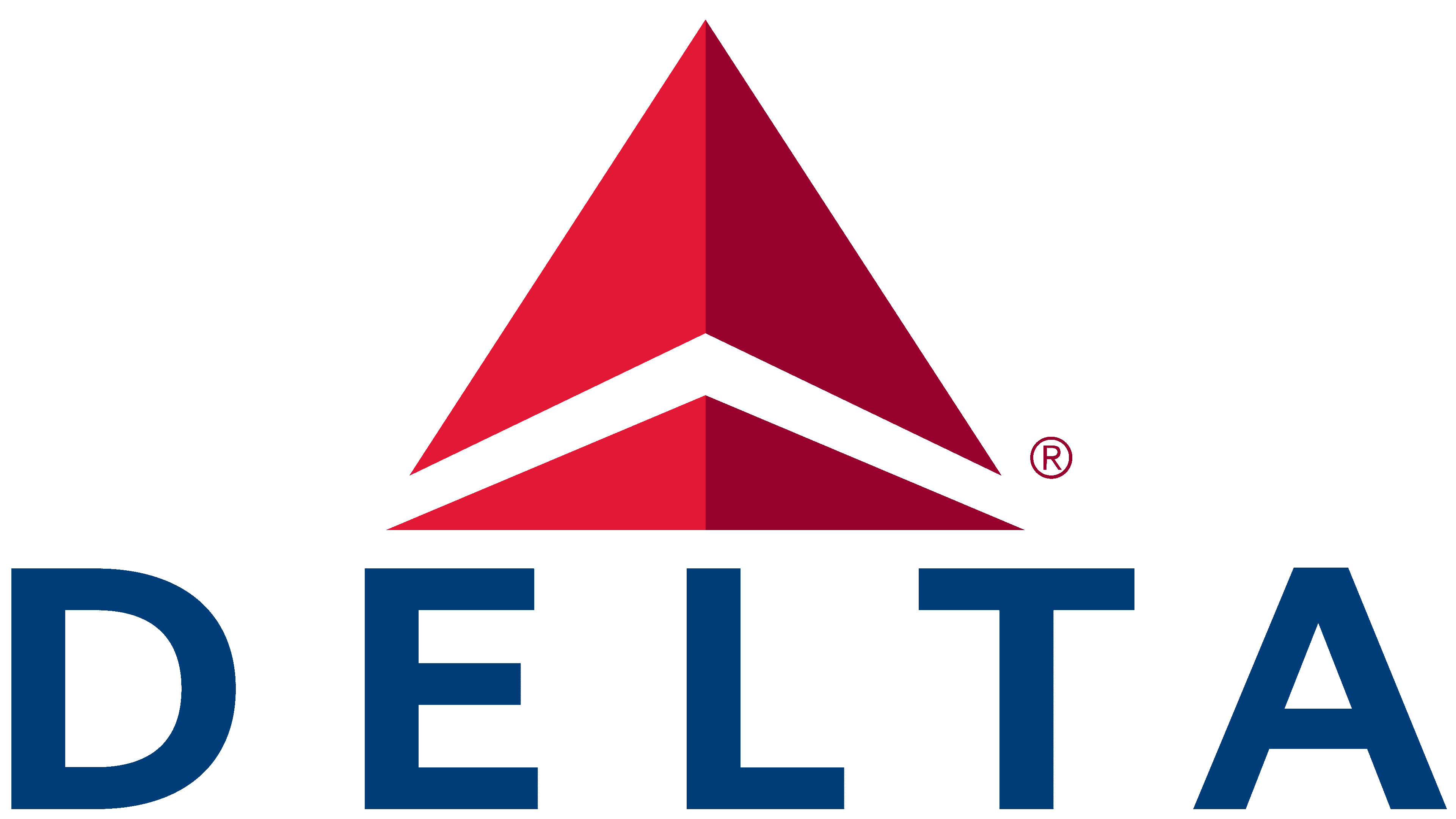


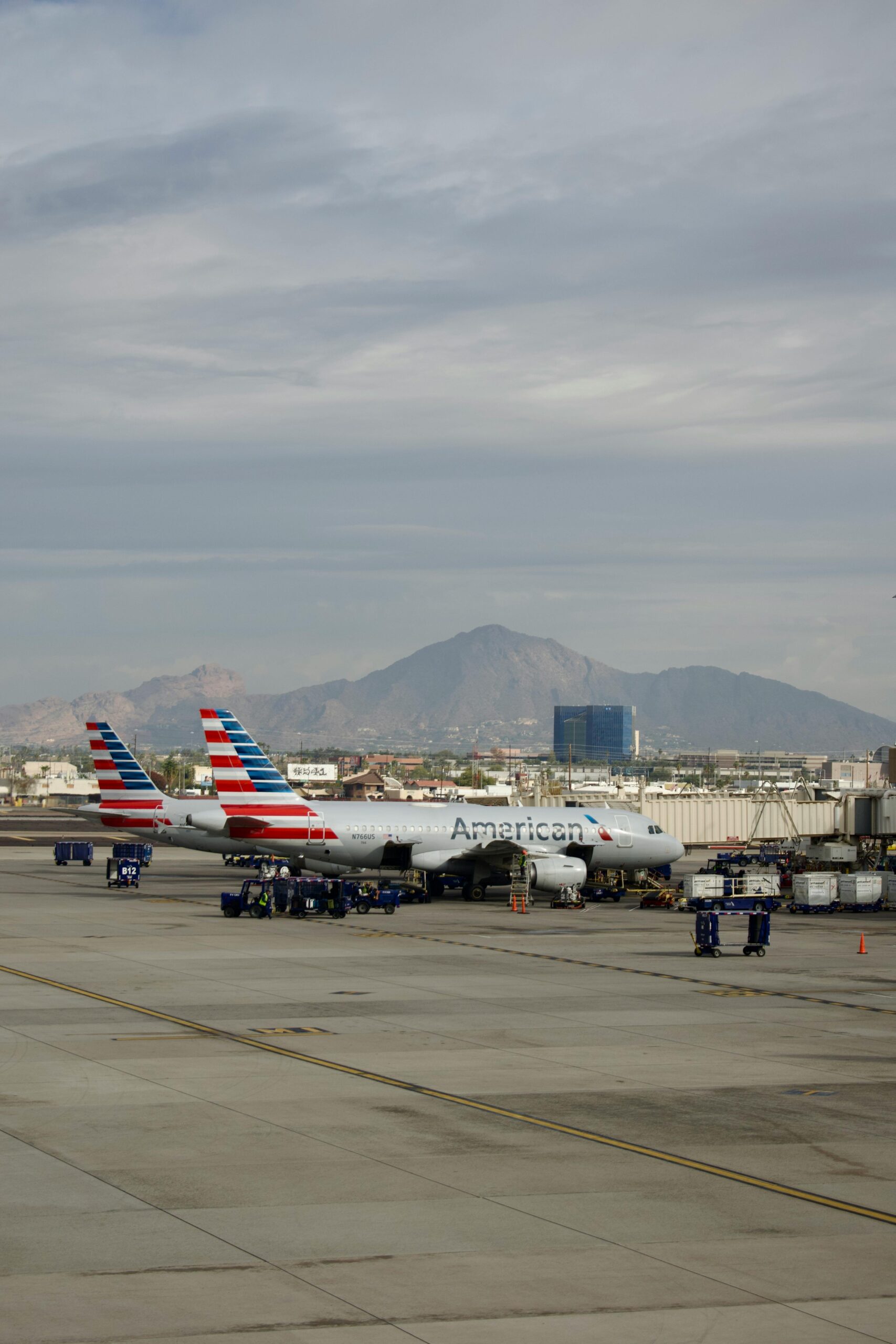
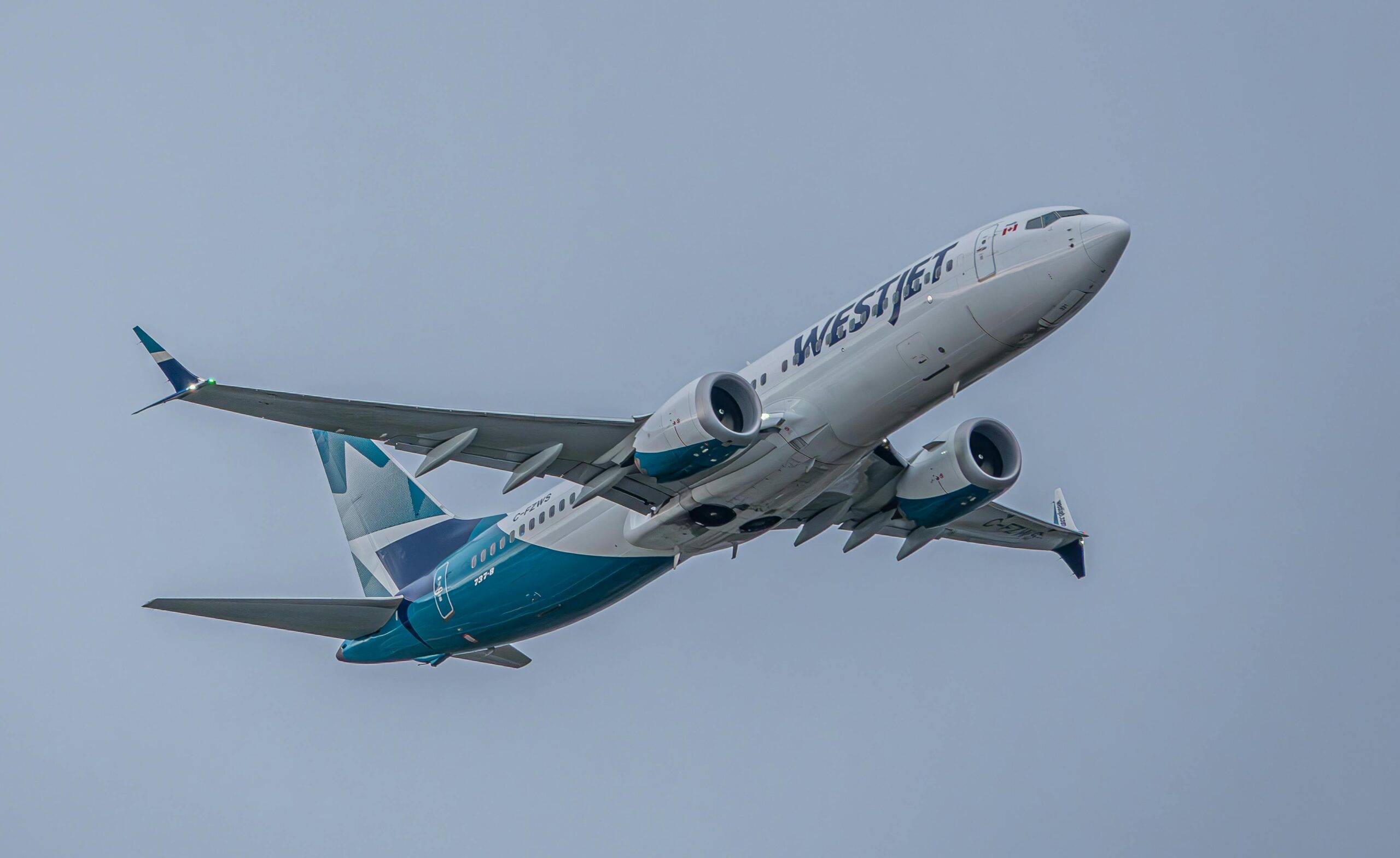
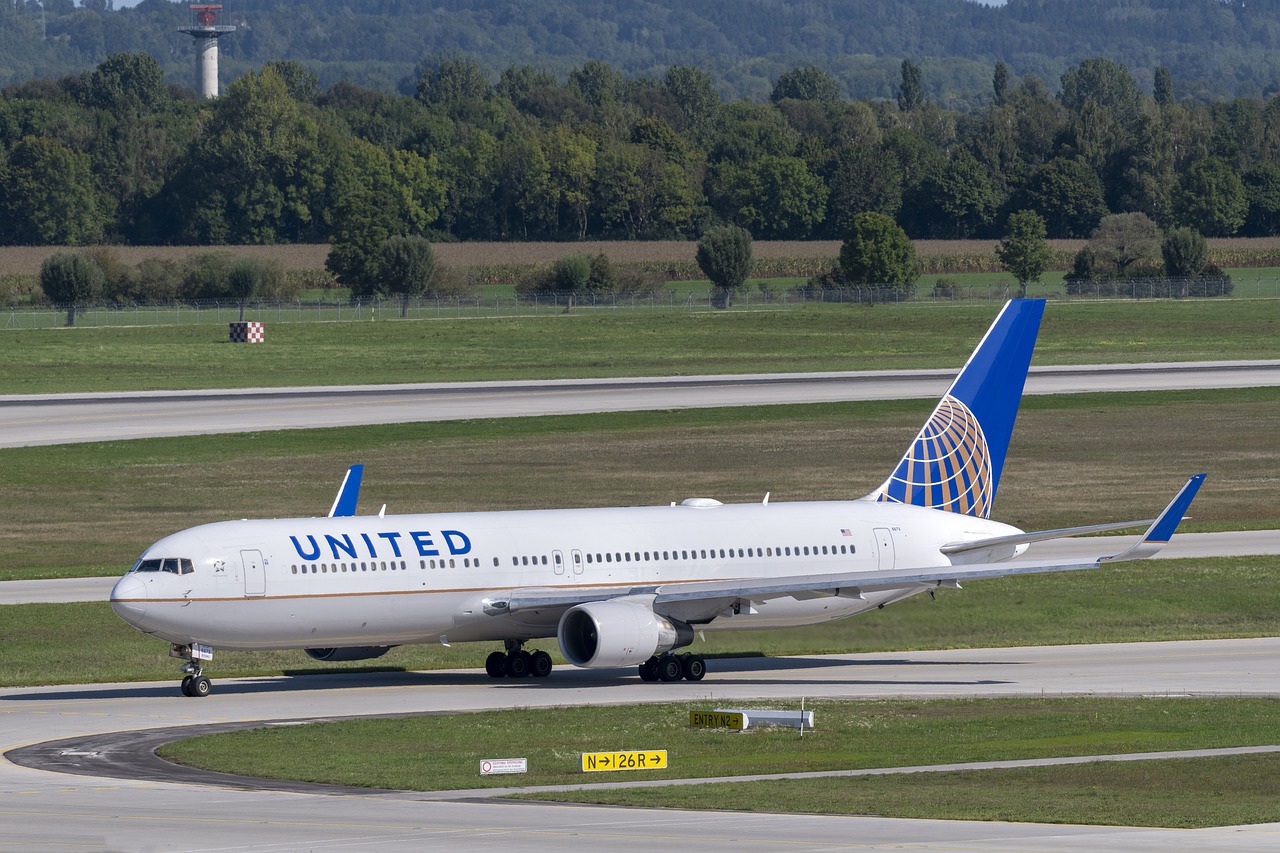
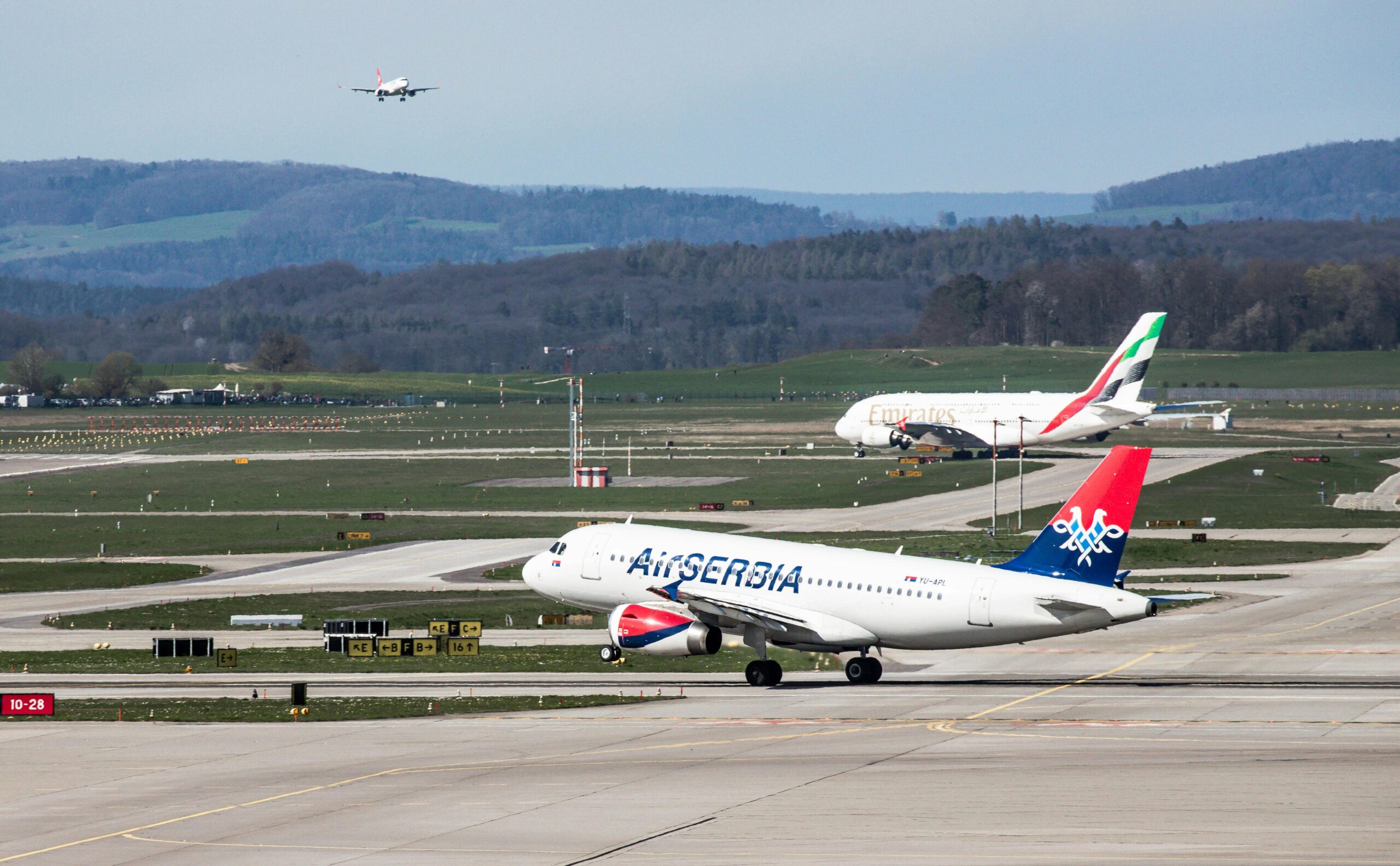




Leave a Reply